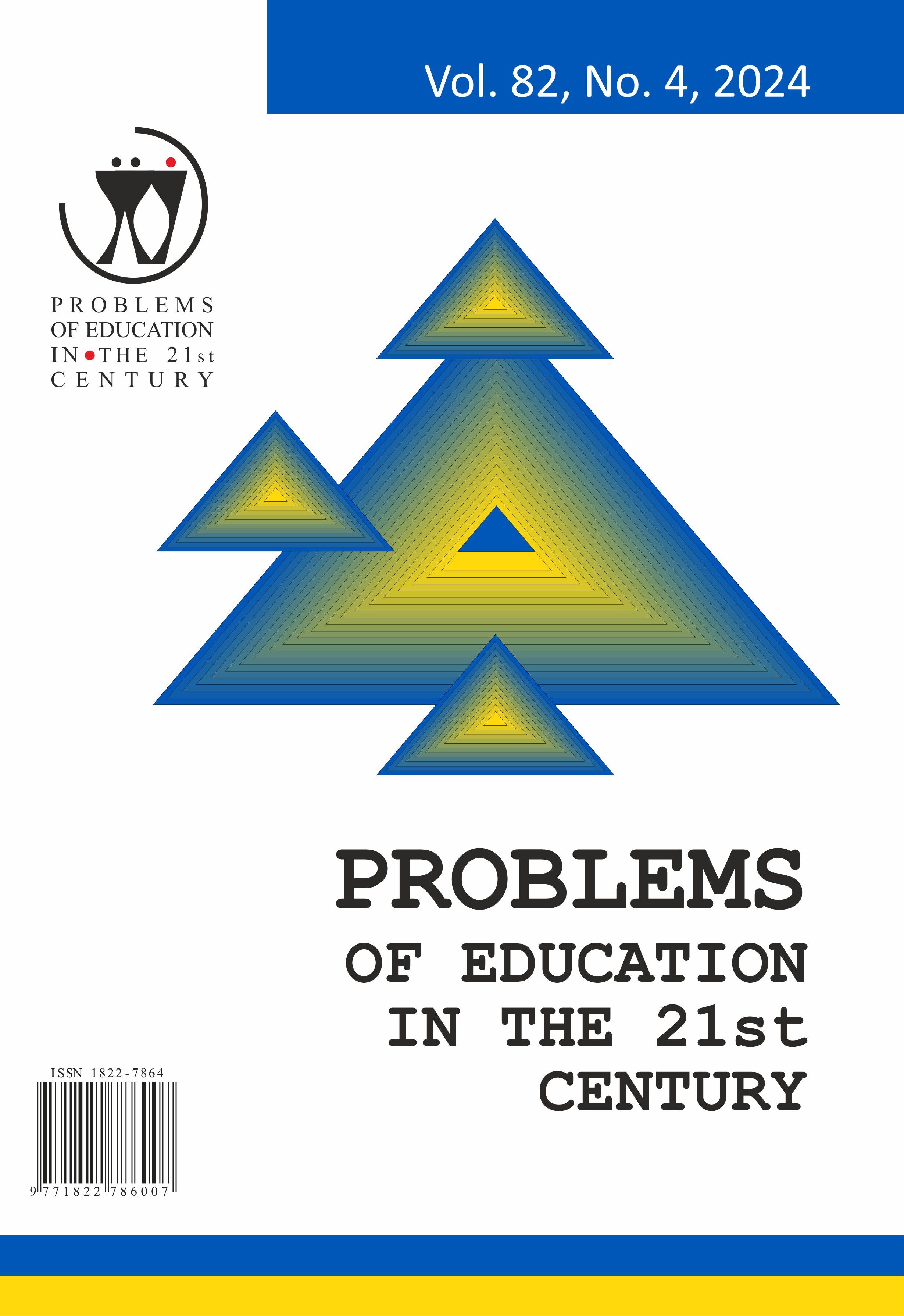TRENDS AND PERSPECTIVES IN EDUCATIONAL NEUROSCIENCE STUDIES
TRENDS AND PERSPECTIVES IN EDUCATIONAL NEUROSCIENCE STUDIES
Author(s): Duygu Yayla, Muhittin ÇalışkanSubject(s): Education, Neuropsychology
Published by: Scientia Socialis, UAB
Keywords: educational neuroscience; educational neuroscience studies; content analysis;
Summary/Abstract: Recent advances in educational neuroscience research underscore the need for a comprehensive analysis of articles in this field; such scrutiny can elucidate the practical implications of neuroscience findings in education and illuminate future research directions. The purpose of this study was to conduct a descriptive content analysis of articles published in the field of educational neuroscience. The data collected through the Educational Neuroscience Articles Classification Form were analyzed via content analysis. The diversity of research in the field of educational neuroscience and the growth in the number of studies in recent years demonstrate that this discipline represents a comprehensive and potentially effective field. In addition, developing concrete suggestions for practice strengthens the integration of educational neuroscience into educational practices. Furthermore, future research needs to focus more on converting theoretical knowledge into practical applications and assessing the impact of these applications. Moreover, increasing interdisciplinary cooperations is crucial for educational neuroscience to realize its full potential. Finally, further studies conducted through mixed methods and qualitative research methods provide a more comprehensive and in-depth understanding of educational neuroscience. On the other hand, the following recommendations have been made based on these insights: applied research studies can be conducted to directly integrate neuroscientific findings into educational practices. In addition, cooperation among educational scientists, neuroscientists, and researchers in the field of psychology can make the integration of neuroscientific findings into educational practices more efficient. Last but not least, research conducted through qualitative and mixed methods provides a more comprehensive and in-depth understanding of educational neuroscience.
Journal: Problems of Education in the 21st Century
- Issue Year: 82/2024
- Issue No: 4
- Page Range: 473-486
- Page Count: 14
- Language: English

